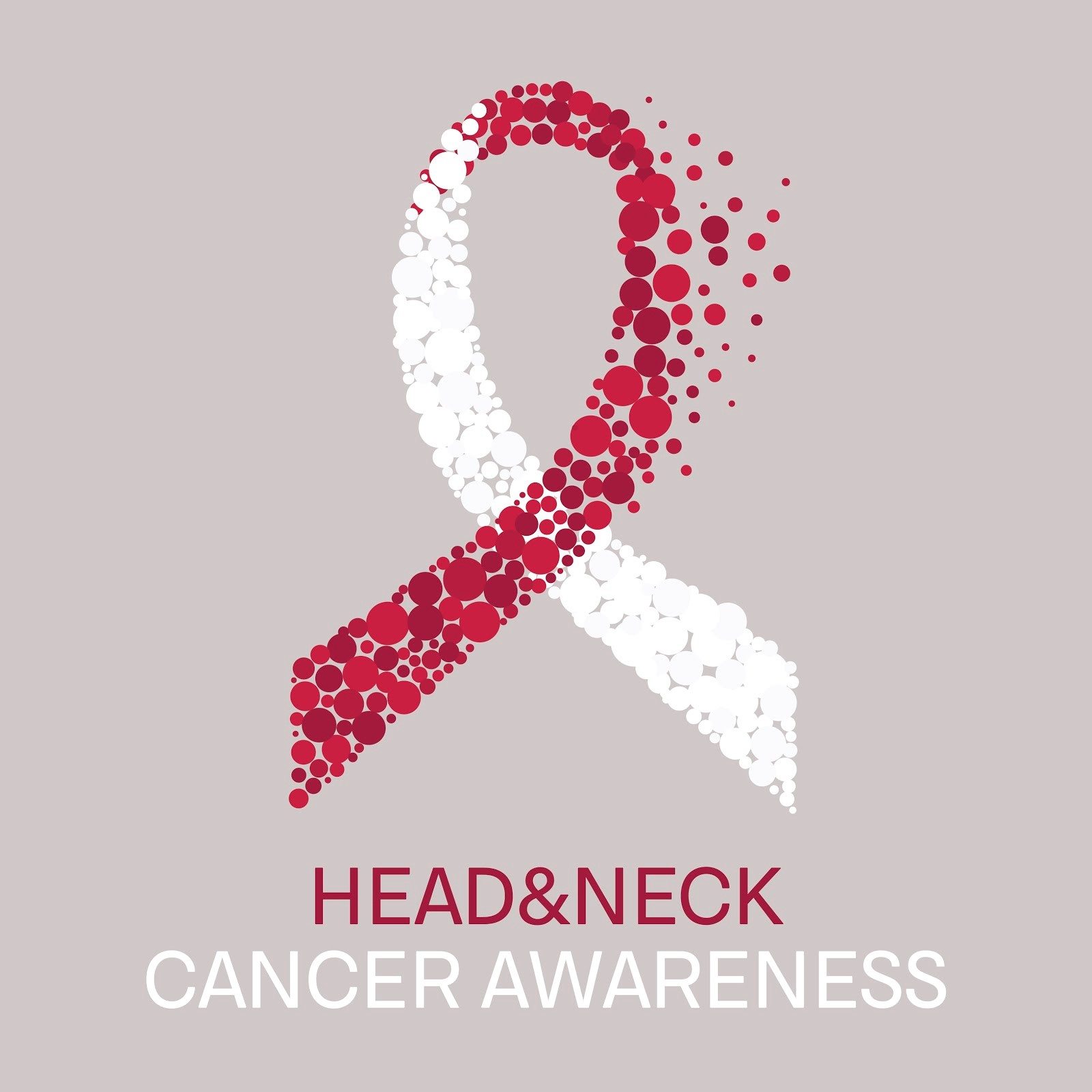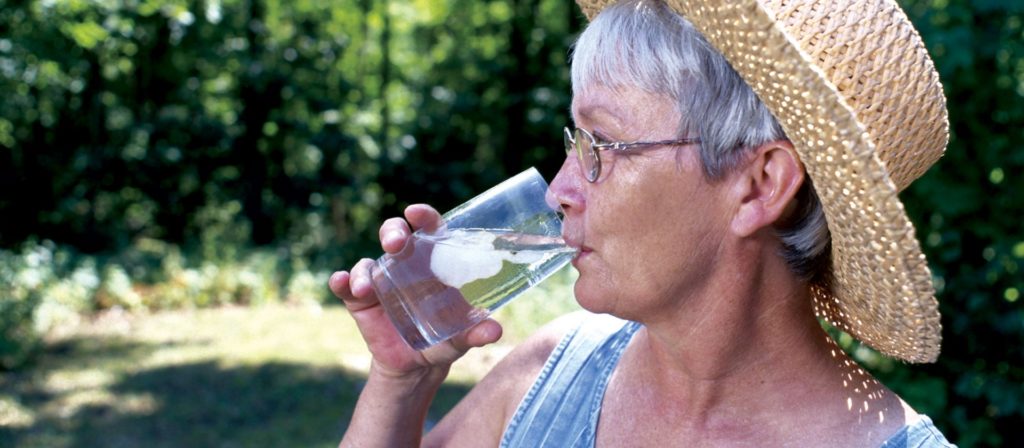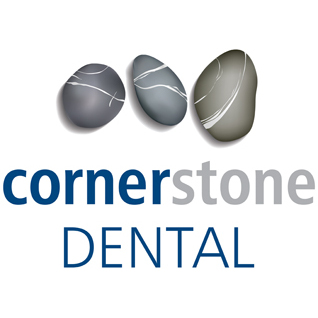
27 May Community Questions
Question:
“What is the importance of dental checks for chemo and radiation patients?”
Dr Emma’s Answer:
Many people have mouth side effects even if their cancer is in another part of their body. Cancer treatment aims to destroy or remove cancer cells, through a combinations of chemotherapy, radiation therapy and surgery. Some cancer treatments can often harm other other rapidly dividing cells, such as the cells that line the mouth and gut. Your saliva production may be affected, appetite, ability to protect against decay or heal against infections. For all these reasons, its important to keep your doctor and dentist informed of your mouth health. Having problems that affect your mouth can be difficult to cope with, but most gradually improve and go away after your treatment is over. There are ways to manage the side effects you may experience.
Before treatment, good oral care will help
- protect your teeth
- reduce discomfort
- help your mouth heal more quickly.
A dentist can check your mouth and teeth and may also try to plan any urgent dental work. It may not be recommended to have dental work during treatment due to a higher risk of infection and bleeding.
If possible, see a dentist before starting cancer treatment. You may need to see a dentist to develop an oral care plan. This is especially important if you already have mouth problems or tooth decay, or if you are having high-dose chemotherapy, a stem cell transplant or radiotherapy to the head and neck area.
Before treatment, you can take care of your mouth by:
- eating a balanced, nutritious diet including a variety of foods from the five food groups – fruits, vegetables, wholegrains, meat (or alternatives) and dairy (or alternatives)
- quitting smoking – call Quitline 13 7848 or talk to your doctor
- learning how to care for your mouth during and after treatment – ask your dentist or healthcare team for advice.
Cancer treatments can lead to a number of oral side effects:
- Soreness and ulcers in the mouth (stomatitis or oral mucositis) – It is common to have a sore mouth, causing difficulty in eating, talking and swallowing. Mouth ulcers or cracked lips can sometimes bleed and become infected. The sores can be very painful and may worsen over time, but will improve when treatment finishes. If you are having intravenous chemotherapy try sucking on ice while you’re having it to reduce mouth ulcers by cooling the skin.
- Tooth decay – Your teeth may be at increased risk of decay, especially if you have a dry mouth. Your dentist can provide health care advice before, during and after treatment is important to preserve your teeth and gums.
- Mouth infections – The most common is thrush, which usually appears as white patches or a white or yellow coating on the lining of the mouth and tongue. This can cause oral discomfort and bad breath.
- Bleeding gums – Your gums may look red, shiny or swollen and they may bleed. Bleeding may occur if your platelet count falls which can happen with chemotherapy. Platelets are the part of the blood that help it to clot.
- Taste changes – Cancer treatment may make foods taste different, which can decrease your interest in eating (appetite).
- Trouble swallowing and opening your mouth fully – This can be caused by head and neck cancer treatment and severe mucositis.
The type of side effects you experience depends on your treatment. Not everyone will have all of these side effects.
If you have oral side effects, tell your cancer care team. You may be prescribed pain medication, including antiseptic lotions and sprays that can make you more comfortable. The following section also has some suggestions about ways to manage side effects.

Keep your mouth moist
- Stay hydrated by drinking 6-8 glasses of water and other fluids throughout the day. Try sugar-free cordial, diluted juices, herbal tea and non-acidic drinks.
- Limit caffeine intake from coffee, tea, energy drinks and soft drinks.
- A cool mist humidifier at night can be helpful if you have a very dry mouth, check with your health care team.
- Suck on ice chips, ice blocks or soft sugar-free sweets, or use sugar-free chewing gum.
- Use lip balm, petroleum jelly or cocoa butter on your lips.
Nutrition
- side effects often have an impact on the type of food you can eat and general health.
- try to continue eating nutritious foods so your body can recover from the cancer treatment. Cancer Council’s ‘Understanding Taste and Smell Changes‘ factsheet and ‘Nutrition and Cancer’ booklet may help – visit the website or call 13 11 20 for free copies.
- prepare meals by mashing or puréeing foods in a blender and making gravies or sauces to moisten food
- provide pain medication 30 minutes before meals
- track fluid intake (number of glasses of water/fluid each day)
- keep drinking straws, chewing gum handy
- go to the chemist to purchase artificial saliva (or other products prescribed)
- attend appointments with the doctor or dietitian.
Managing pain and difficulty eating
- Take pain or nausea medications as prescribed, particularly before meals.
- Choose foods that are soft, moist and easy to swallow, such as rice, mashed potatoes, tinned fruit, slow-cooked meat, scrambled eggs and yoghurt. Use gravies and sauces to moisten foods and add flavour.
- Avoid things that may irritate your mouth, including:
- hard, crunchy, spicy, salty or acidic food (e.g. fruit juices, curries, chips)
- alcohol and tobacco
- very hot foods.
- If your mouth is dry and you find it difficult to swallow, try using artificial saliva and oral moisturisers from the chemist.
- Drink through a straw if you have mouth sores.
- •Try to eat a well-balanced diet including foods from the five major food groups.
How carers can help
A partner, friend or loved one may be able to help you cope with oral side effects. A carer could:
- use a torch to look for red or white patches or sores in the mouth
- do the grocery shopping and purchase soft foods
Keep your mouth clean
- Rinse your mouth every time you eat or drink something and at bedtime. Ask your doctor or dentist for advice about what type of mouthwash you should use. You may try ¼ teaspoon bicarbonate of soda in 1 cup of warm water, or ¼ teaspoon of salt in 1 cup of warm water, or an alcohol-free mouthwash like Savacol (Alcohol Free). Swish it around your mouth and spit it out.
- If you wear dentures, make sure they fit properly. Wear them only during meals, and clean well after use by soaking in denture cleaner. Leave them out at night so they do not cause mouth irritation.
- Use a soft toothbrush or electric toothbrush and replace regularly to prevent infection. Dip it in warm water to make the bristles softer and use a mild toothpaste such as Biotene toothpaste.
- Avoid whitening toothpastes as these may irritate the mouth and gums.
- If your mouth is too sore to brush or bleeds when you clean your teeth, rinse it using the mouthwashes described above.
- Ask your dentist or healthcare team if you should floss your teeth. This may not be recommended during treatment if you have a low platelet count.
Contact your doctor immediately or
go to emergency department immediately if you:
- have a temperature of 38°C or higher
- feel that your pain is uncontrollable
- are unable to eat or drink
- have a lot of bleeding from the mouth or many
- white spots (infection).
Acknowledgements
This information was developed in May 2016 and reviewed by: Professor Richard Logan, Oral Pathology and Deputy Head of School, School of Dentistry, Faculty of Health Sciences, University of Adelaide, SA, Dr Sharon Liberali, Director and Consultant, Special Needs Unit, Adelaide Dental Hospital, SA Dental Service, Megan Nutt, Head and Neck Cancer Specialist Nurse, Canberra Region Cancer Centre, Canberra Hospital, ACT, Katherine Garner, Radiation Oncology Dietitian, Northern NSW Cancer Institute, Robyn Burnett, Speech Pathologist, Royal Adelaide Hospital, Mary Mills, Head and Neck Cancer Survivor, Karen Hall, Clinical Nurse, Flinders Medical Centre and 13 11 20 nurse SA.
Source: https://www.cancer.org.au/content/about_cancer/treatment/Mouth_health_and_cancer_treatment_fact_sheet_August_2016.pdf



Sorry, the comment form is closed at this time.